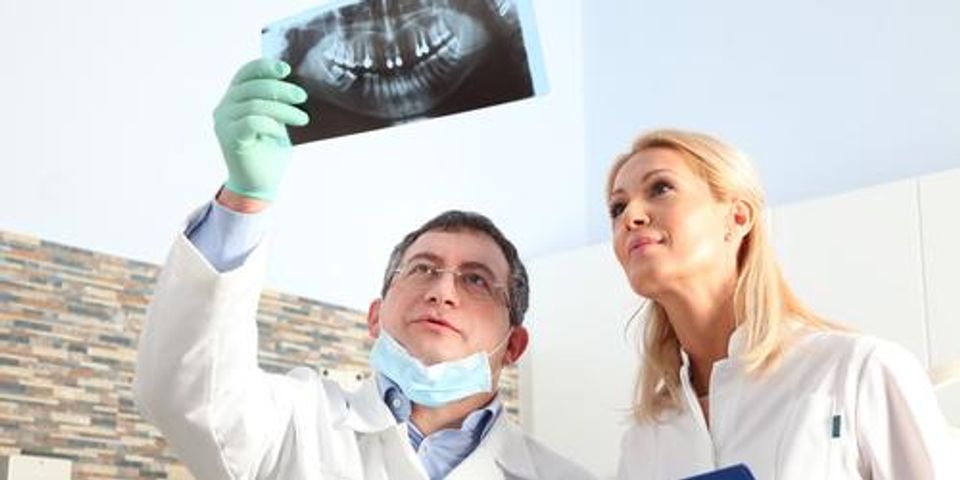What Is a Root Canal & What Should I Expect During Treatment?

Root canals are common dental procedures performed to remove the soft tissue, also known as the pulp, at the center of a tooth. Dentists typically perform root canals on patients who have suffered oral trauma to the tooth, have a deep cavity, or damaged the tooth in some other way. If you have an infected tooth, you may experience a toothache, painful or swollen gums, and sensitivity to hot and cold food and drinks.
Before a Root Canal
 If you are showing symptoms of an infected tooth, your dentist will take x-rays to determine the exact location of infection. Before the procedure, the dentist will administer an anesthetic to numb your tooth and gums. This will prevent you from feeling any pain or discomfort during the process.
If you are showing symptoms of an infected tooth, your dentist will take x-rays to determine the exact location of infection. Before the procedure, the dentist will administer an anesthetic to numb your tooth and gums. This will prevent you from feeling any pain or discomfort during the process.
During the Root Canal Process
Once your tooth is sufficiently numb, your dentist will begin by drilling a small hole in your tooth. Through this hole, they can suction out the infected pulp and then disinfect the chamber at the center of the tooth. After disinfecting, a rubber-like substance called gutta percha is inserted into the tooth, which fills the roots and protects them from damage. Finally, a temporary filling is placed to close the hole created. In most cases, you’ll return at a later date to have the tooth capped with a crown for added protection and reinforcement.
After Care
In the time between your root canal and receiving a crown, you may continue to experience some pain or sensitivity; however, it should be much less severe than it was before treatment. Avoid eating extremely hard foods that could damage the temporary filling and allow food particles into your tooth. You may also want to avoid food and drinks that are extremely hot or cold if those are a source of pain. Once your crown is in place, you can resume eating and drinking all the things you love without concerns about pain or sensitivity.
Root canals can prevent the need for a tooth extraction. The dentists at Wheeler Family Dental in Chesterfield, MO, encourage any patient dealing with a painful toothache to seek prompt treatment to avoid more invasive dental work. Call (314) 576-3737 to schedule an appointment, and learn more about all their general and cosmetic dentistry services online.
About the Business
Have a question? Ask the experts!
Send your question

